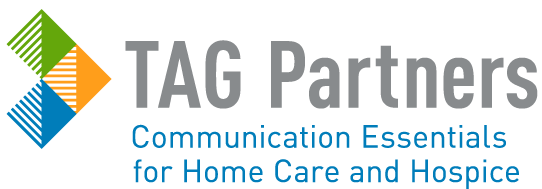Fraud is a huge problem for everyone, but our nation’s seniors are at even greater risk of falling victim to fraudulent schemes. National Fraud Awareness Week is Aug. 6-12, 2017, and it's a great time to educate this community about how they can keep from becoming victims of this crime.
The Retirement Industry Trust Association reports that even though seniors represent 12 percent of the population, they account for 30 percent of scam victims. Additionally, as few as one in 100 cases of senior fraud are reported. Make a commitment to helping seniors avoid becoming victims of fraud this August.
- Host an educational session on elder fraud at a local library. The FBI has an informative webpage about the types of fraud commonly committed against the elderly.
- Put together a flyer with tips for avoiding becoming the victim of fraud and distribute it to your clients and their caregivers. Don’t forget to include your company’s name and contact information.
- As the number of home health, hospice and private duty agencies grows, so do instances of Medicare fraud and abuse. The minority of agencies that cheat the system tarnish the reputation of the entire industry. Visit Medicare’s website dedicated to fighting Medicare Fraud and the Office of the Inspector General’s Medicare Fraud Strike Force website for more information. Review Medicare’s “Avoiding Medicare Fraud & Abuse: A Roadmap for Physicians” document and check out its compliance training materials. Be sure your staff is aware of the importance of preventing fraud and your organization’s expectations of compliance.
- Update your agency’s website with a banner promoting National Fraud Awareness Week. Link to information about avoiding fraud and financial exploitation, or send visitors to reputable sites for more information.
- Contact your local Area Agency on Aging and discuss ways your organization can partner with them to help educate the community’s seniors and their caregivers about fraud.
- Make sure your employees and volunteers also know how to protect themselves from fraud, scams and theft. Send all staff members an email about National Fraud Awareness Week and offer them the Federal Trade Commission’s list of 10 ways to avoid fraud.


